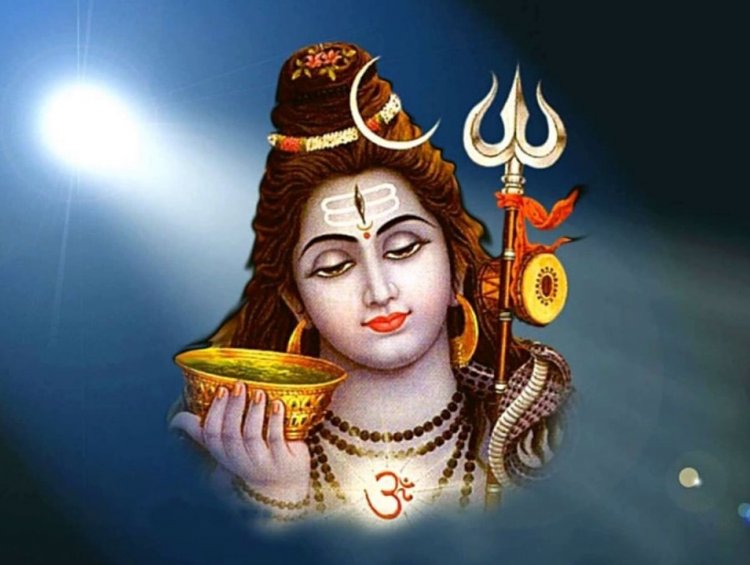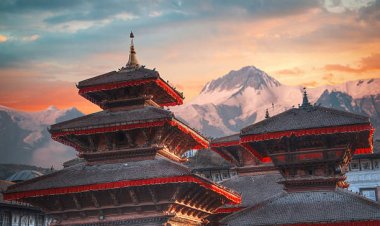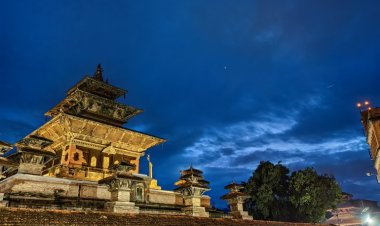The Significance and History of Shivaratri: Understanding the Festival of Lord Shiva
Discover the rich history and cultural significance of Shivaratri, the festival of Lord Shiva. This article explores the origins of the festival and its traditional customs, providing a deeper understanding of its meaning and importance.

Shivaratri is a Hindu festival that celebrates the god Shiva and is observed on the 13th night and 14th day of the Hindu lunar month of Phalguna (February/March). The festival holds great significance for followers of Hinduism and is celebrated with devotion and reverence. In this article, we will delve into the history, mythology, rituals, and cultural variations of Shivaratri and understand the deeper meaning behind this festival.
The Origins of Shivaratri and its Evolution over Time
Shivaratri is a Sanskrit word that translates to "the night of Shiva." The festival is believed to have originated over thousands of years ago and has been celebrated for centuries. In ancient times, the festival was primarily observed by ascetics and yogis who would spend the night in meditation and devotion to Lord Shiva. Over time, the festival has evolved and is now widely celebrated across Nepal, India and other countries with a large Hindu population.
The Mythology and Legends Associated with the Festival
Shivaratri is rich in mythology and has several legends associated with it. According to one popular legend, it is believed that Lord Shiva performed the cosmic dance of creation, preservation, and destruction on this night. Another legend states that it was on this night that Lord Shiva drank the poison that emerged from the ocean of milk during the Samudra Manthan (Churning of the Ocean). This act saved the world from destruction and is celebrated as a symbol of Lord Shiva's power and grace.
The Symbolism Behind the Rituals and Practices Performed During Shivaratri
Shivaratri is a time for fasting, meditation, and devotion. Many followers observe a fast for the entire day and night, abstaining from food and water. Offerings of fruits, flowers, and bel leaves are made to Lord Shiva and prayers are recited. In some regions, devotees also perform the Rudrabhishek, a ritual that involves bathing a Shivling (a symbol of Lord Shiva) with milk, honey, and water. The festival is also marked by all-night vigils and the chanting of prayers and mantras.
The Cultural and Regional Variations of Shivaratri Celebrations Across Nepal
In Kathmandu, the capital of Nepal, the festival is marked by grand and elaborate celebrations, with thousands of devotees gathering at the Pashupatinath Temple to offer prayers and offerings to Lord Shiva. The temple, which is one of the most important pilgrimage sites for Hindus, is decorated with lights, flowers, and banners, and the air is filled with the sounds of prayers, mantras, and devotional songs.
In other regions of Nepal, such as in the city of Pokhara, the festival is celebrated with similar zeal and devotion. The main temple dedicated to Lord Shiva is decorated with lights and flowers, and large crowds gather to offer prayers and perform rituals.
Aside from the traditional rituals and practices, the celebration of Shivaratri in Nepal is also marked by cultural events and activities, such as music and dance performances, religious plays, and cultural parades. These events bring together communities and provide a platform for the sharing of cultural and spiritual traditions, further enhancing the significance of the festival.
The Connection Between Shivaratri and Other Hindu Festivals and Celebrations
Shivaratri has a close connection with other Hindu festivals and celebrations. For example, the festival of Holi, which marks the arrival of spring and the victory of good over evil, is celebrated just a few days after Shivaratri. The festival of Navaratri, which celebrates the victory of the goddess Durga over the demon king Mahishasura, also has a close connection to Shivaratri as it is believed that Lord Shiva and the goddess Durga are closely related.
In conclusion, Shivaratri is a festival that holds great significance for Hindus and is a time for reflection, devotion, and celebration. Through its rich history, mythology, and symbolism, we can see the deeper meaning behind this festival and understand the importance of Lord Shiva in Hinduism. Whether it is through fasting, prayer, or music and dance, the celebration of Shivaratri is a time to connect with the divine and experience the power and grace of Lord Shiva.
What's Your Reaction?





































































































